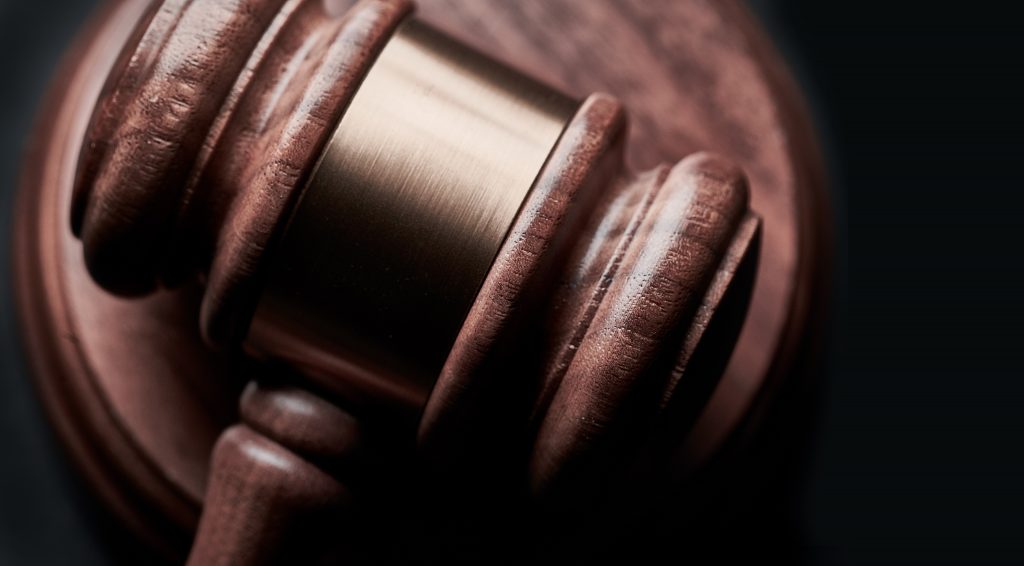Jury Trials in Foreclosure Defense Cases

I’m happy to write that I won a post-foreclosure eviction case several weeks ago using a new defense that I had been working on for the past year. One of the critical reasons for this victory, I believe, was my client’s decision to pursue a bench trial instead of a jury trial—a topic I want to discuss in this blog post.
The right to a jury trial depends on both the type of case and the court that the parties are in. In Massachusetts, the particular cause of action determines whether a jury trial is available. Eviction (“summary process”) cases, for example, entitle parties to a jury trial. A party needs to claim their right to a jury trial in the beginning of a case, or it is otherwise waived.
A non-jury trial goes before a judge and is called a “bench trial.” In a bench trial, the judge hears all of the evidence presented by the parties and, like a jury, determines questions of fact. For example, in a post-foreclosure eviction trial, the judge will decide whether the foreclosing entity complied with all of the foreclosure requirements.
In a bench trial, as opposed to a jury trial, a judge is required to present his or her findings of fact. In other words, the judge has to explain the decision that he or she made, as opposed to a jury trial, where the jury only needs to give its verdict.
In my experience, I have found jury trials for foreclosure law issues to be extremely difficult. The information is dense and difficult to explain to six non-lawyers who likely have no familiarity in this area of law. More than once, I have seen jurors fall asleep during such trials!
The decision on whether a client should waive their right to a jury trial is theirs alone, and a single blog post cannot offer enough information to make this decision. The point of this post is to encourage those involved in these cases to give serious thought about whether their case should go before a judge or jury. Rarely do “Perry Mason” moments occur in foreclosure defense; these defenses are often based on mountains of paperwork and uneventful testimony. Because of this, jurors often may not understand the reasons why the foreclosure is void, even if the defect is crystal clear. On the other hand, a defense based on a foreclosing entity’s blatant disregard of the law may be enough to excite a jury and therefore justify a jury trial.
With this in mind, give serious consideration to the type of trial you request in a foreclosure defense case. Better yet, speak with an expert before making this decision.
